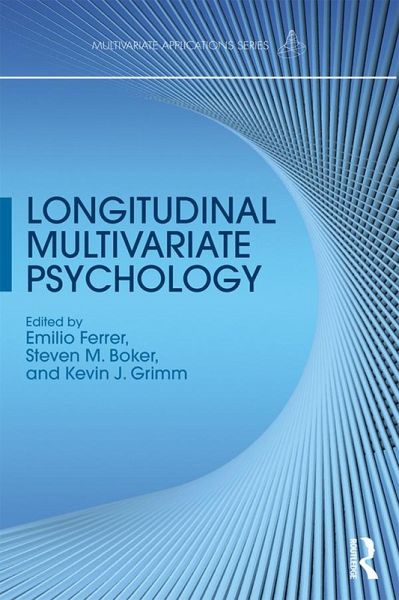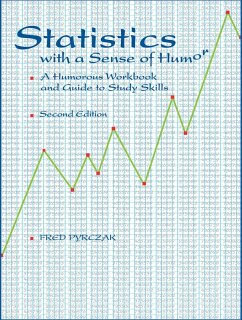
Longitudinal Multivariate Psychology (eBook, PDF)
Versandkostenfrei!
Sofort per Download lieferbar
46,95 €
inkl. MwSt.
Weitere Ausgaben:

PAYBACK Punkte
23 °P sammeln!
This volume presents a collection of chapters focused on the study of multivariate change. As people develop and change, multivariate measurement of that change and analysis of those measures can illuminate the regularities in the trajectories of individual development, as well as time-dependent changes in population averages. As longitudinal data have recently become much more prevalent in psychology and the social sciences, models of change have become increasingly important. This collection focuses on methodological, statistical, and modeling aspects of multivariate change and applications ...
This volume presents a collection of chapters focused on the study of multivariate change. As people develop and change, multivariate measurement of that change and analysis of those measures can illuminate the regularities in the trajectories of individual development, as well as time-dependent changes in population averages. As longitudinal data have recently become much more prevalent in psychology and the social sciences, models of change have become increasingly important. This collection focuses on methodological, statistical, and modeling aspects of multivariate change and applications of longitudinal models to the study of psychological processes.
The volume is divided into three major sections: Extension of latent change models, Measurement and testing issues in longitudinal modeling, and Novel applications of multivariate longitudinal methodology. It is intended for advanced students and researchers interested in learning about state-of-the-art techniques for longitudinal data analysis, as well as understanding the history and development of such techniques.
The volume is divided into three major sections: Extension of latent change models, Measurement and testing issues in longitudinal modeling, and Novel applications of multivariate longitudinal methodology. It is intended for advanced students and researchers interested in learning about state-of-the-art techniques for longitudinal data analysis, as well as understanding the history and development of such techniques.
Dieser Download kann aus rechtlichen Gründen nur mit Rechnungsadresse in A, B, BG, CY, CZ, D, DK, EW, E, FIN, F, GR, HR, H, IRL, I, LT, L, LR, M, NL, PL, P, R, S, SLO, SK ausgeliefert werden.












